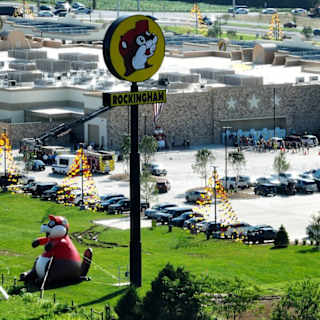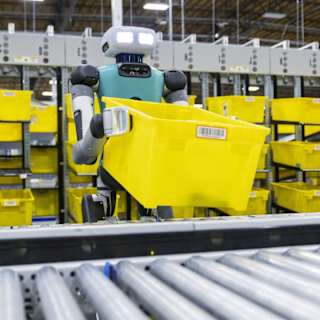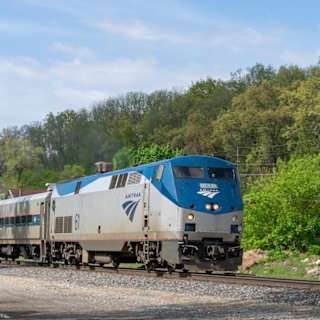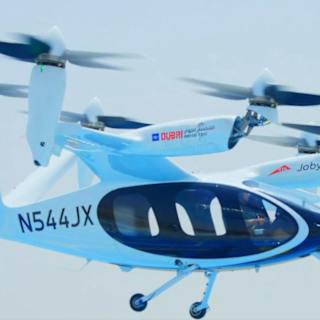- How the Service Works
- Partnership Expansion
- Industry Context
Uber riders in Atlanta can now hail fully autonomous vehicles through the ride-hailing app, as Waymo's driverless robotaxis began carrying passengers across 65 square miles of the metro area Tuesday morning.
The launch marks the latest expansion of the partnership between Uber and Alphabet-owned Waymo, bringing self-driving technology to Georgia's capital as the companies race to scale autonomous ride services nationwide.
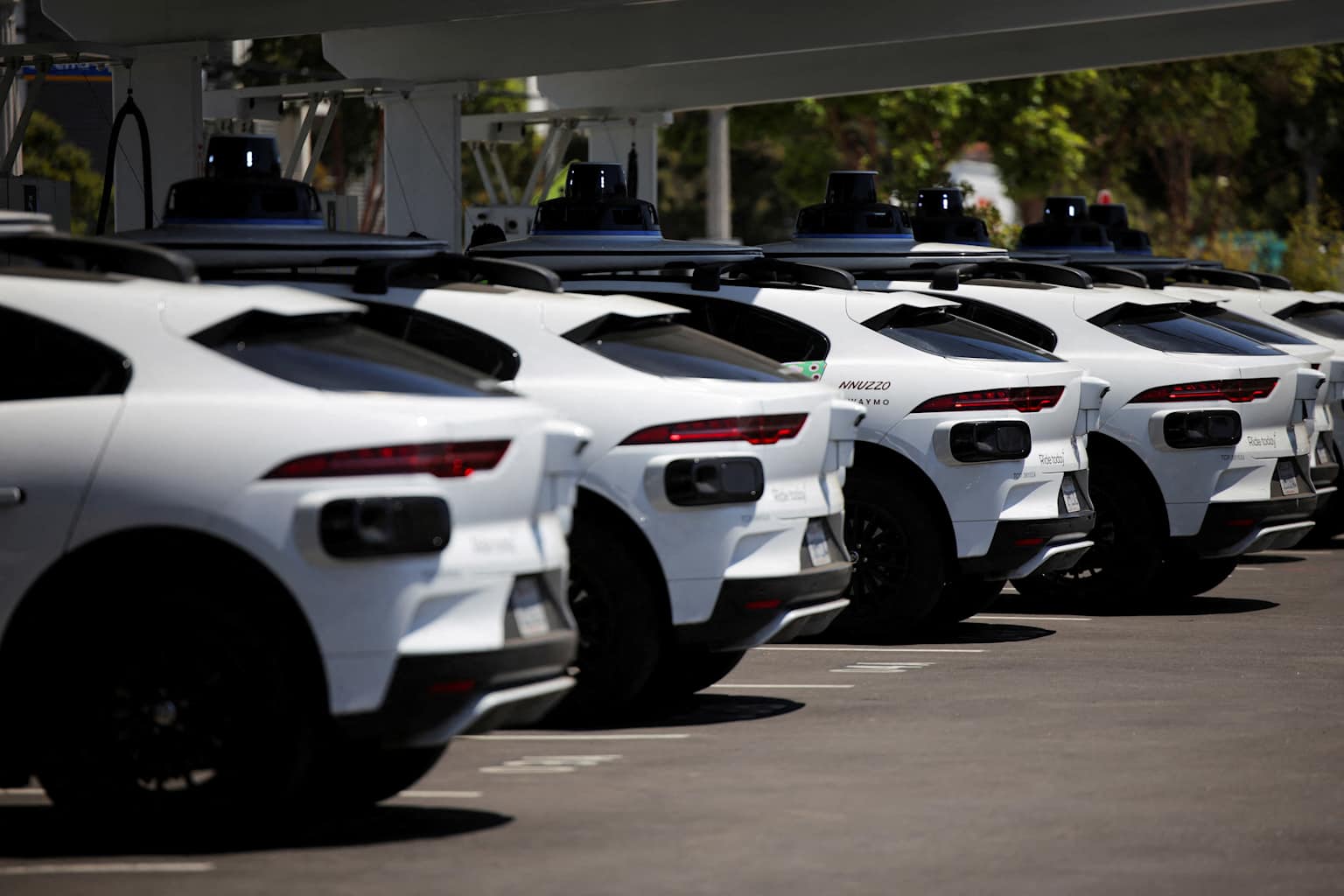
Riders requesting UberX, Uber Comfort, or Uber Comfort Electric may be matched with one of roughly 100 electric Jaguar I-PACE vehicles at no additional cost12. Users receive notification when paired with a Waymo vehicle and can decline the autonomous ride in favor of a human driver31.
"If you're not ready for autonomous yet, that's OK," an Uber official said. "You always have the opportunity to opt out, but I encourage you to take advantage of this really awesome experience of riding in an autonomous vehicle3."
The service covers an area stretching from Capitol View to downtown Atlanta to Buckhead, with plans to expand both the fleet size and coverage area over time4. Riders use the Uber app to unlock vehicles and start trips, with 24/7 support available through both the app and touchscreens inside the cars12.
The Atlanta launch follows the companies' March debut in Austin, where about 100 fully driverless vehicles now operate through the Uber platform1. This represents a rapid expansion of their partnership, which began in Phoenix in 2023 after the companies settled a bitter trade secrets lawsuit in 201823.
"We're thrilled to continue deepening our partnership with Waymo as we expand autonomous rides to Atlanta," said Sarfraz Maredia, Uber's Head of Autonomous Mobility & Delivery4.
The timing coincides with Tesla's limited robotaxi launch in Austin last weekend, intensifying competition in the autonomous vehicle market1.
Waymo now provides more than 250,000 paid rides weekly across its markets, including Phoenix, San Francisco, Los Angeles, and Austin12. The company operates the largest commercial robotaxi service in the United States, while Uber sold its self-driving division to Aurora in 2020 and shifted to partnerships with autonomous vehicle companies34.
However, public safety officials in San Francisco have raised concerns about autonomous vehicles, documenting nearly 600 incidents of unexpected stops by driverless cars between 2022-2023, including instances of vehicles blocking emergency responders5.
